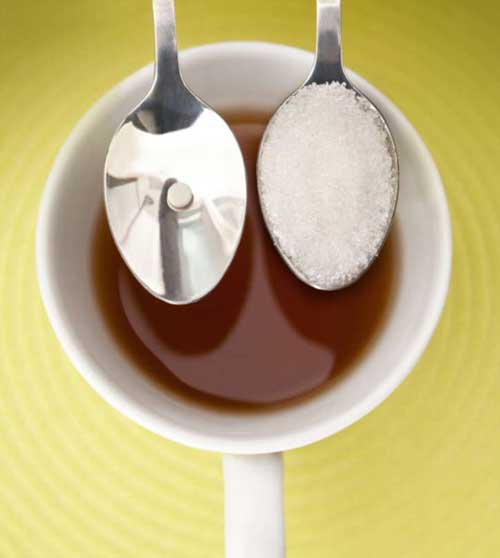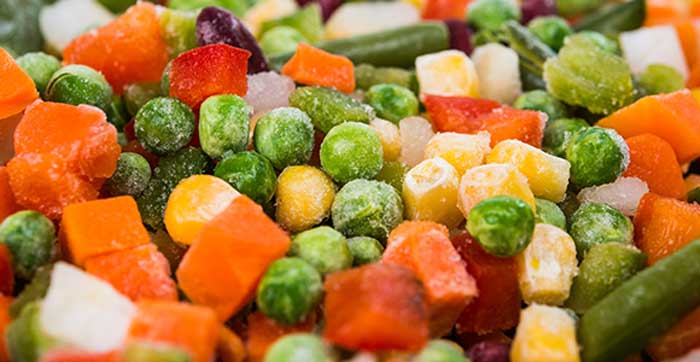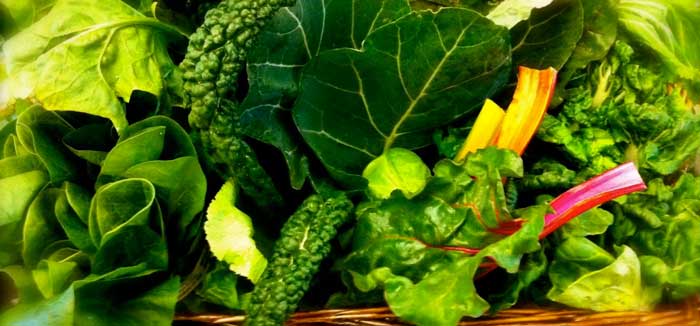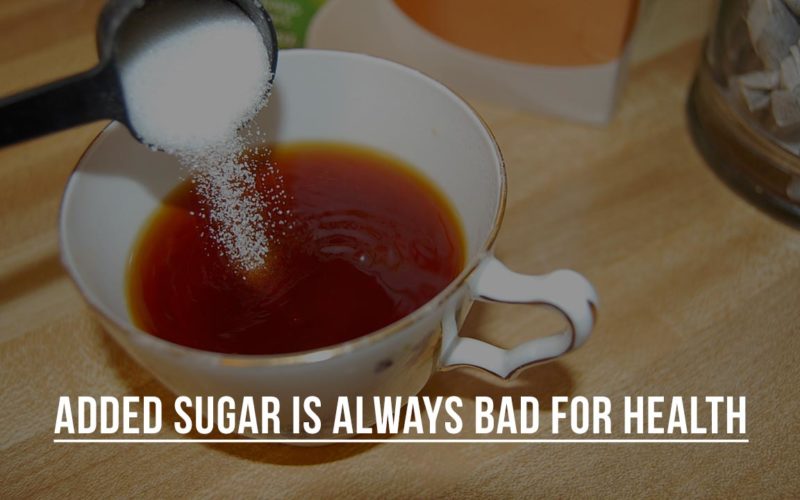- 1.3Kshares
- Share
- Tweet
- Facebook Messenger
Let’s face it – we are all foodies. Some of you are complete gluttons, like me, and some might keep what they eat in check, but we all love to eat. Then again, none of us like any added problems like, obesity or cholesterol that come with eating (overeating, in my case), right!
That is the reason why we often vow to eat healthy, and try to follow certain diets that celebrities apparently follow, to get in shape. What we fail to realize is that more often than not, we end up believing in myths circulated by companies trying to sell stuff or know-it-all self-claimed diet experts. Take these 11 myths about food for example, that I used to think were true, until now.
1. Artificial sweeteners are better than sugar

Not really. Though using artificial sweetener can decrease the calorie intake and help with your weight control, on the other hand, it might contribute to diabetes and other health troubles!
2. You need to eat meat to get enough protein

Nature is rich in nutrients, luckily, and you can very well get your required amount of protein without having to eat meat. Quinoa, avocado, peas etc are also quite rich in proteins.
3. Fats are bad for you

Actually, some fats are essential for health, like monounsaturated and polyunsaturated fats, along with omega-3 fatty acids; these are normally found in nuts, seeds, olive oil, etc. They protect us from heart diseases and cancer.
4. Fresh vegetables are more nutritious than frozen ones

Rather than ‘fresh’ vegetable kept for long, frozen vegetables are generally frozen when they are their most fresh, with most of the nutrition value remaining intact!
5. Fried food is always too fatty

Though fried food is always considered one of the biggest culprits creating heart troubles and such, they are kind of wrongly accused. The health risk often depends on the kind of oil used, and how fried the stuff is, along with what stuff is being fried; just because it’s fried, doesn’t mean it’s bad.
6. All saturated fats increase cholesterol

Nope. In fact, polyunsaturated fats, generally found in corn oil or sunflower oil, help to reduce harmful LDL cholesterol, and improve the cholesterol profile of our body.
7. Eating eggs is not exactly excellent for your health

On the contrary, eggs are rich in several nutrients like betaine and choline that contribute towards keeping your heart healthy. Eggs are also a great source of healthy proteins.
8. Added sugar is always bad for health

No way. We need sugar to function properly, as it supplies ready energy to fuel our muscles, and also helps to keep our brains active. Though I wouldn’t suggest you to binge on sugar, a little bit of it won’t hurt, really.
9. Organic food has better nutrition value

There is not much extra health benefit of organic food over conventional food, a team of Stanford scientists have found after an extensive study.
10. Carbohydrates are fattening

Carbs are not always your worst nightmare, despite all the diets asking you to cut it down. Rather, cutting carbs down can affect your metabolism, increase stress hormones, and decrease thyroid function.
11. Calories we eat at night stick to our body more than when taken during the day

Your weight gain depends on the amount of calorie you are taking in, not on when you are taking it in.
Folks, don’t just give in to excessive advertisements or slimming diets claiming to thin you down in a few days. Eat well, live well.
- 1.3Kshares
- Share
- Tweet
- Facebook Messenger




